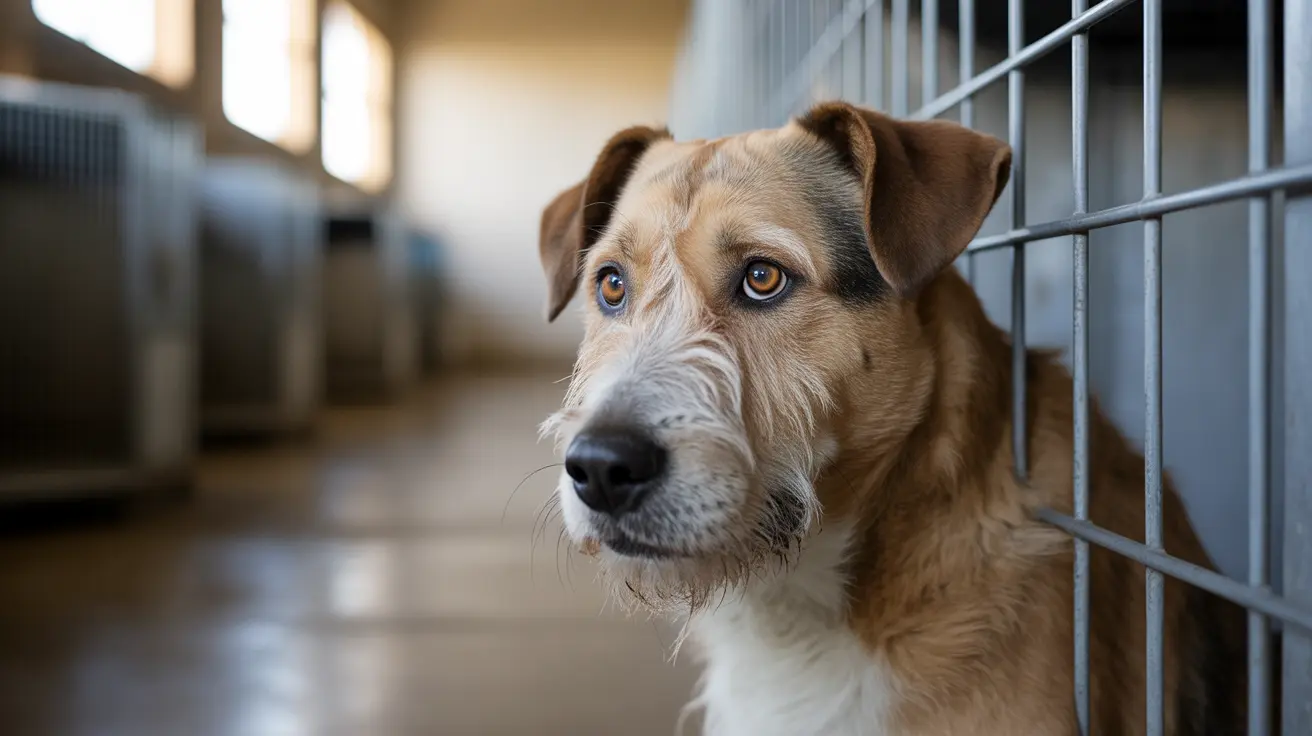Understanding Cat Mouth Sores and Their Causes
Cat mouth sores can develop for various reasons, ranging from simple infections to more serious underlying health conditions. The most common causes include:
Infectious Causes
- Viral infections (calicivirus and herpesvirus)
- Bacterial infections
- Feline leukemia virus (FeLV)
- Feline immunodeficiency virus (FIV)
Medical Conditions
- Periodontal disease
- Stomatitis
- Autoimmune disorders
- Kidney disease
- Allergic reactions
Recognizing the Signs and Symptoms
Early detection of mouth sores can lead to better treatment outcomes. Watch for these warning signs:
- Excessive drooling
- Difficulty eating or loss of appetite
- Bad breath
- Pawing at the mouth
- Visible red or white patches in the mouth
- Bleeding from the gums
- Behavioral changes, such as increased irritability
Diagnosis and Professional Assessment
Veterinarians use various methods to diagnose the underlying cause of mouth sores, including:
- Comprehensive oral examination
- Blood tests
- Dental X-rays
- Tissue biopsies when necessary
- Viral testing
Treatment Options and Management
Treatment approaches vary depending on the underlying cause but may include:
Medical Interventions
- Antibiotics for bacterial infections
- Anti-inflammatory medications
- Pain management drugs
- Immune system suppressants when needed
Dental Procedures
- Professional cleaning
- Tooth extractions if necessary
- Treatment of abscesses
Prevention and Home Care
Taking proactive steps can help prevent cat mouth sores:
- Regular dental checkups
- Daily tooth brushing with cat-specific toothpaste
- Providing dental-friendly treats and toys
- Maintaining a balanced diet
- Keeping vaccinations current
When to Seek Emergency Care
Some situations require immediate veterinary attention:
- Severe difficulty eating or drinking
- Excessive drooling with blood
- Visible wounds or ulcers that don't heal
- Significant behavior changes
- Rapid weight loss
Frequently Asked Questions
What are the most common causes of mouth sores in cats?
The most common causes include dental disease, viral infections (particularly calicivirus and herpesvirus), bacterial infections, and immune system disorders. Periodontal disease is particularly prevalent and can lead to severe mouth inflammation.
How can I tell if my cat has painful mouth ulcers or stomatitis?
Look for signs such as excessive drooling, difficulty eating, pawing at the mouth, bad breath, and visible red or white patches in the mouth. Cats may also show behavioral changes like increased irritability or withdrawal.
What treatments are available for cat mouth sores caused by dental disease or infections?
Treatment options include professional dental cleaning, antibiotics for infections, anti-inflammatory medications, and pain management. In severe cases of stomatitis, tooth extraction might be necessary. The specific treatment plan depends on the underlying cause.
When should I take my cat to the vet for mouth sores or ulcers?
Seek veterinary care immediately if you notice persistent drooling, difficulty eating, visible mouth sores, or any changes in eating habits. Early intervention is crucial for successful treatment and preventing complications.
Can regular dental care prevent mouth sores and ulcers in cats?
Yes, regular dental care, including routine brushing and professional cleanings, can help prevent many causes of mouth sores. However, some causes, such as viral infections or immune disorders, may occur despite good dental hygiene.
Remember, maintaining your cat's oral health is an essential part of their overall well-being. By staying vigilant and providing proper care, you can help prevent or minimize the impact of mouth sores on your feline companion's quality of life.






